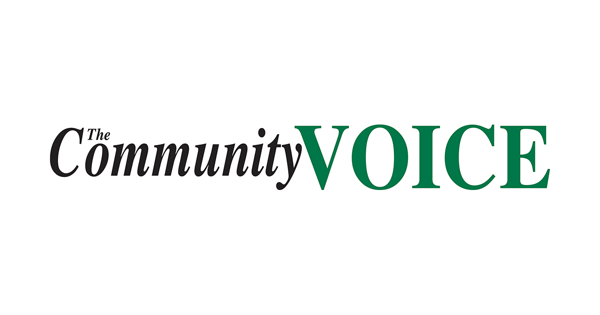
In this presidential election teenagers “will make up make up more than 40 million potential voters in 2024, nearly one-fifth of the American electorate,” (Tufts University Center for Information and Research on Civic Learning and Engagement (CIRCLE).
My junior year government class started with two questions; what’s the first word or image that pops into your mind when you hear the word “government?” And, how would the country change if everyone, regardless of age, could vote? This second question led me to think about the impacts of teenage voters. I believe looking at these questions can reveal a lot about the teenage voting demographic and environment. Teenagers have an opportunity to engage with a wider range of experiences than ever before, while we are also subject to the echo chamber phenomenon.
Echo chambers are made with click bait and algorithms that feed you similar content to what you have viewed in the past. Click bait is sensationalized or misleading headlines that grab your attention and draw media traffic to news content by manipulating people’s fear, curiosity, excitement or anger. Often, however, the news itself is misleading with a goal to promote a view or monetary agenda. Within an echo chamber you are only ever exposed to content supporting what you already believe to be true. Echo chambers, whether in-person or in the media, have historically led to teenagers growing up with the same ideologies about the American government as their parents.
When asked what word comes to mind when we hear the word government, every person in my class had similar answers that tended to align with the liberal democratic views of their parents. This is impart due to the social echo chamber of Sonoma and Marin counties. Do teenagers have voter agency if we are so influenced by our environment? Can teenagers really turn the tides of an election?
While I truly believe we are influenced by the political ideologies of our parents, today’s teenagers’ wide access to new ideas and identity communities, has led to teenagers developing views and opinions independent from their parents. Wider communities as well as school and especially college can shape the political beliefs of teenagers.
According to CIRCLE this generation of teenagers is the most diverse in American history. LWV, League of Women Voters, says that “young voters’ diversity across race, gender, class, sexuality, and other intersections of identity leads them to speak to a wide-ranging, representative set of issues.” As teenagers make up nearly one-fifth of Americans voting population, it is so important we are encouraged to vote. We are, after all, the future and current voices of our country so it is important that our feelings are reflected in the voting pool. This feeling of impact is reflected in a quote by Credo High School senior Sofia Dimitracopoulos when she said to me, “It’s weird that the first time I’m voting is like one of the most important presidential elections. I mean whoever wins is definitely going to change the direction of our country drastically. It’s scary, though, but I’m glad I get to be part of it.”
Not all young voters, however, have the faith and feeling of responsibility that Sofia has. Many teenagers’ faith in the democratic process has diminished in recent years. When we are constantly hearing about fake elections, believing that our vote is influential is difficult. In reality, teenage voting can turn the tide on policies such as gun reform, abortion justice and economy. So how can we combat social-media echo chambers and democratic disillusionment? Remind yourself and others to cross check political statistics and statements across multiple reliable sources. Instagram has enticing click-bait, but it is important to remember to check with a reliable source before believing social media. Reading reliable and diverse news sources will help to foster civil discourse and an environment where one can learn from different views. To help raise teenage voter faith and morale, especially in marginalized communities whose voices are historically and systematically suppressed, I urge you to visit the links attached to this article and to remember to remain open to new ideas and the possibility to learn from every generation.
